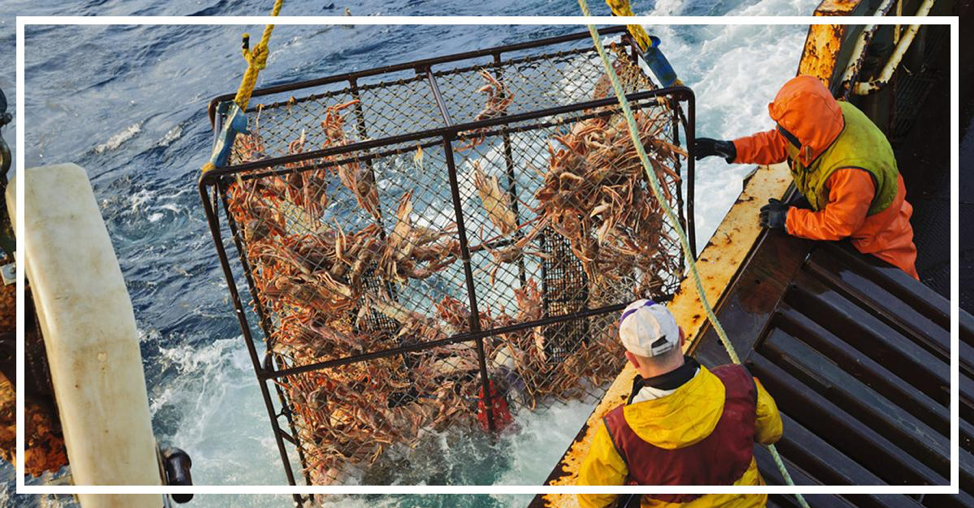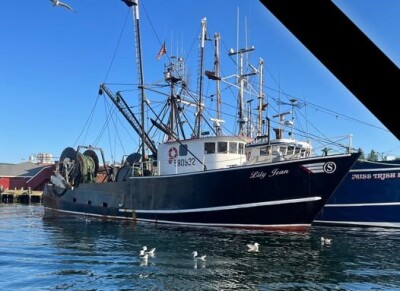President Biden signed the American Rescue Plan into law on Thursday, March 11, almost one year after the CARES Act established the country’s first federal coronavirus relief bill.
The $1.9 trillion American Rescue Plan is the largest spending package in U.S. history and contains significantly less relief for the commercial fishing and seafood industries than the CARES Act included (though much of it was slow to reach our fleets as the shutdowns closed long-established markets).
In this round of relief, the seafood industry was included in language under the agriculture section, which comes with a $4 billion set-aside to assist domestic food production and the supply chain in coping with ongoing covid response and preparedness.
“The American Rescue Plan Act’s inclusion of support for the seafood industry in the form USDA purchases recognizes the market losses and incredible costs incurred by our industry to keep Alaska’s seafood workforce and fishing communities safe amid the pandemic,” Jeremy Woodrow, executive director of the Alaska Seafood Marketing Institute, told NF.
The $4 billion set-aside is designated:
• “To purchase and distribute agricultural commodities (including fresh produce, dairy, seafood, eggs, and meat) to individuals in need.” This funding could serve to aid the flagging restaurant sector as a conduit for storage, staging and delivery.
• “To make grants and loans for small or midsized food processors or distributors, seafood processing facilities and processing vessels, farmers markets, producers, or other organizations to respond to covid-19, including for measures to protect workers against covid-19.” The USDA has defined small or midsized businesses as those with an average adjusted gross income of less than $900,000 for the tax years 2016-2018.
• “And to make loans and grants and provide other assistance to maintain and improve food and agricultural supply chain resiliency.” This is the biggest open door, and details are still to follow. The USDA site is set up for agriculture loan applications.
USDA is hosting listening sessions Wednesday and Thursday this week for seafood processors to establish a process for the loan and grant applications, and distribution of other funds.
“We appreciate USDA working to get feedback from the seafood industry on a program that will fulfill the industry’s needs. We are food producers,” Annie Tselikis, executive director of the Maine Lobster Dealers’ Association, told NF.
“The goal is to achieve some covid cost compensation for the incredible expenses these companies have had to incur this year,” Tselikis added.
The sessions are scheduled for:
- Pacific and Alaska Fisheries — Wednesday March 17 from 11 a.m. to 2 p.m. PST
- Atlantic and Gulf of Mexico Fisheries — Thursday, March 18, from 2 p.m. to 5 p.m. EST
Some fleets could see additional relief distributed closer to home via billions in aid being sent to states, but access would depend entirely on outreach and lobbying efforts on a state by state basis, the capacity for which will vary widely throughout the industry.
Alaska Sen. Lisa Murkowski helped secure funding for the seafood sector under USDA before voting against the full bill because of excesses elsewhere in the bill.
“I collaborated with a small group of Republicans to offer a $618 billion relief proposal with the goal of finding middle ground,” Murkowski wrote in response to her no vote.
“Our working group met with President Biden and Vice President Kamala Harris to discuss our respective proposals, and found that we shared many of the same priorities. I had hoped that we would be able to find common ground.”
“We are grateful to Sen. Lisa Murkowski and the members of Congress that worked hard to recognize and include seafood," Woodrow said.







